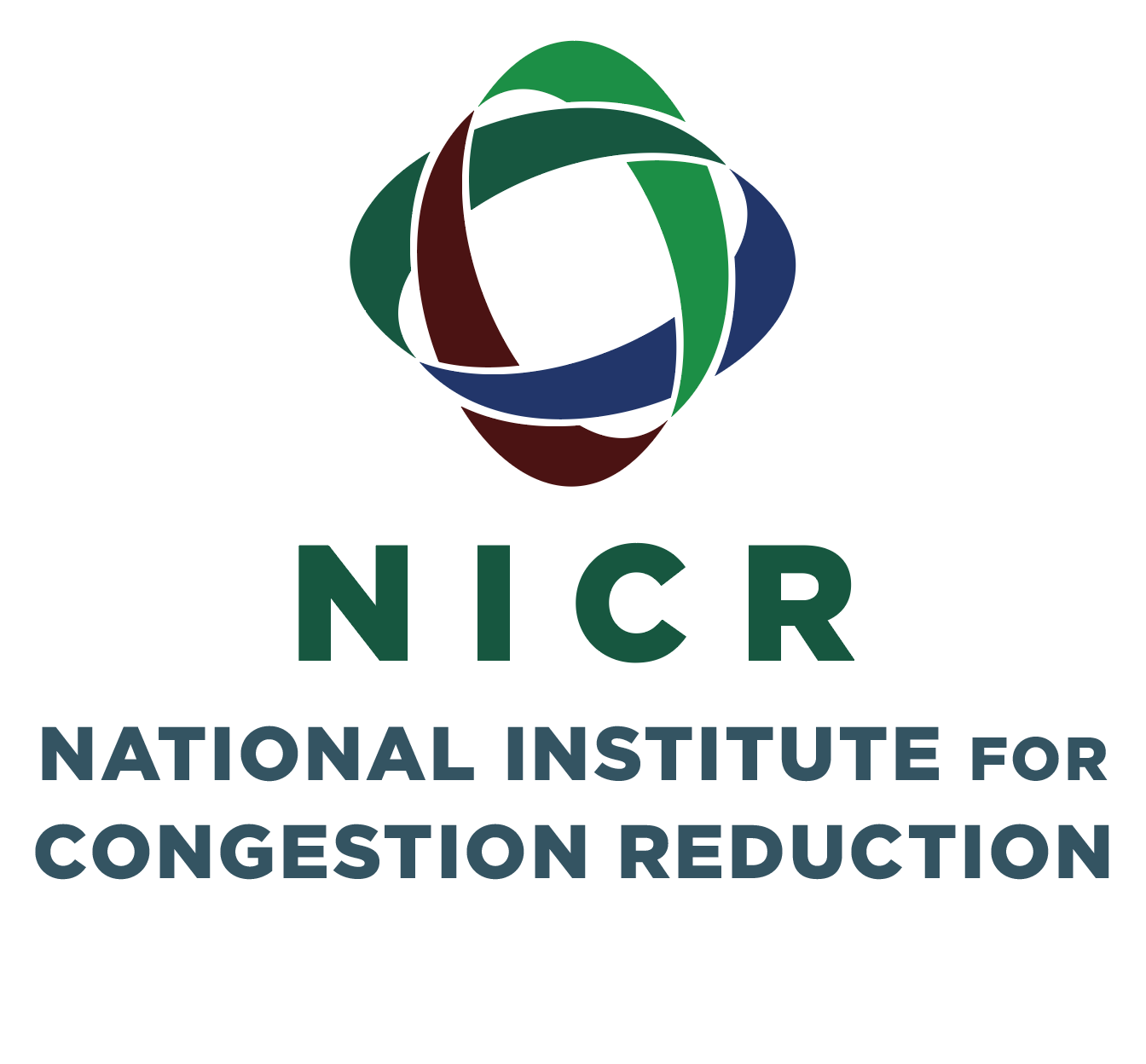Document Type
Technical Report
Publication Date
7-2023
Keywords
COVID-19 pandemic, travel behavior, transit ridership, stress, fear
Digital Object Identifier (DOI)
https://doi.org/10.5038/CUTR-NICR-Y2-1-6
Abstract
The COVID-19 pandemic initially caused a significant decrease in travel. Whereas highway travel rebounded quickly, transit use has not fully returned and may not fully return in the short or medium term. This report discusses the results from a survey of travelers' stated use of transit before, during, and after the pandemic, focusing on identifying factors associated with the change in transit use, including stress and fear of COVID-19. The study included data collection in three experiment phases. In the first phase of data collection, the survey was distributed via several online platforms while the data for the second phase of the experiment was collected at Texas A&M’s Human Behavior Laboratory (HBL). The third phase included a virtual reality (VR) experiment conducted at the University of Puerto Rico at Mayagüez that included skin conductance response measurements along with the survey questionnaire.
The research found there may be as many as 35% to 45% of respondents who will not use transit as much in the future due to COVID-19. This higher range occurs if both the responses “Extremely” and “Very” are considered indicators of future travel decisions for survey questions asking the importance or likeliness of COVID-19 factors. However, if we consider only those respondents who indicated “Extremely Important,” “Extremely Likely,” and “Extremely Uncomfortable,” then a lower range of 15% to 25% of respondents will not use transit as much in the future. When examining Texas A&M students only, the percentage who may use less transit due to COVID-19 is likely smaller than 15%, but greater than 0%. Therefore, in addition to telecommuting and mode shifts caused by the pandemic, transit agencies must overcome the stresses and fears that commuters have related to COVID-19 for ridership to return to pre-pandemic levels.
Scholar Commons Citation
Burris, Mark; Brown, Alexander; Gupta, Hardik; Wang, Jasper; Jha, Kartikeya; Walk, Michael; Figueroa-Medina, Alberto M.; Rodríguez-Román, Daniel; del Valle-González, Carlos; Nieves-Díaz, Luis; Rodríguez-Rodríguez, Janilet; del Valle-Pérez, Adel; and Defendini, Marianna, "Examining the Impact of Stress and Fear of COVID-19 on Transit Travel" (2023). Research Reports. 21.
https://digitalcommons.usf.edu/cutr_nicr/21
Policy brief


